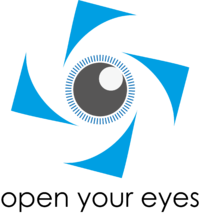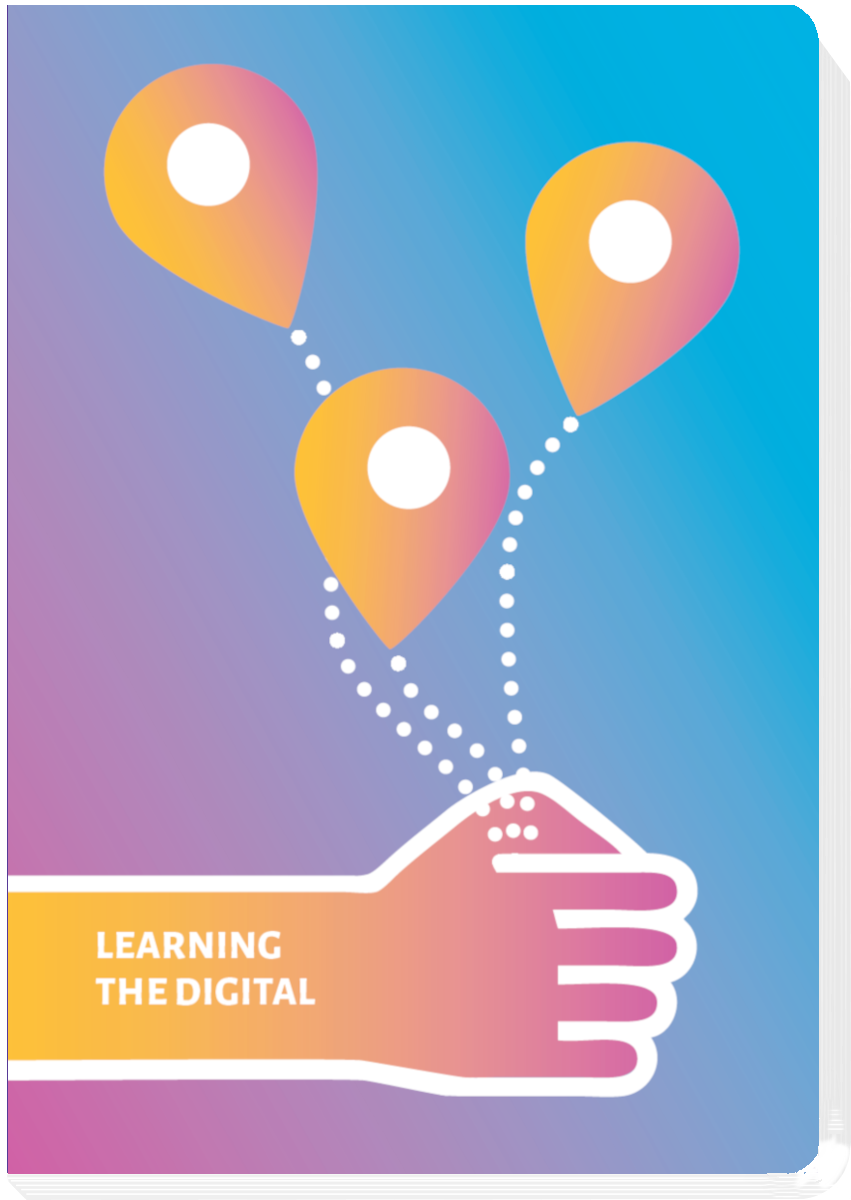Contents
Goals
- Raise awareness about information disorder
- Question media habits
Steps
1. Participants are asked to note down on a post-it, individually, at least two pieces of news they read and retained from the previous week.
2. The facilitator introduces the difference between news and information: according to philosopher Rolf Dobelli, author of the essay “Stop reading the news”, breaking news is hard to recall because it does not bring practical or theoretical knowledge, only feelings – usually negative nes. News is therefore different from information, which can instead be found in books, documentaries and other sources.
3. Participants split into subgroups, discuss the difference between news and information and cluster their pieces of news into two categories. Participants assess if the majority of the contents belongs to news or information.
4. Participants share their findings in plenary with one another.
Reflection
- How do we consume news? Do you think you usually read more news or information?
- In your opinion, what’s the difference between news and information?
- What do you find interesting about the news? And about the information?
- Can you use the knowledge gained by reading the news and = information? Give examples.
- To enrich your understanding of “reality”, would you like to increase your consumption of news or information?
- What kind of information makes us feel good?
News prompts feelings, usually bad news (fear, anger, sadness)
Information brings practical or theoretical knowledge
Resource: Check It Out
The “Check It Out” database is a collection of useful tools and initiatives to learn about online disinformation from different countries in Europe, collected in the frame of the project “Fake news for dummies”:
Reference
- Dobelli Rolf, 2020, Stop reading the news: A Manifesto for a Happier, Calmer and Wiser Life, Sceptre Ed., London.
Valentina Vivona
Researcher at the Osservatorio Balcani Caucaso Transeuropa (OBCT), a think tank focused on South-East Europe, Turkey and the Caucasus located in Trento (Italy).






